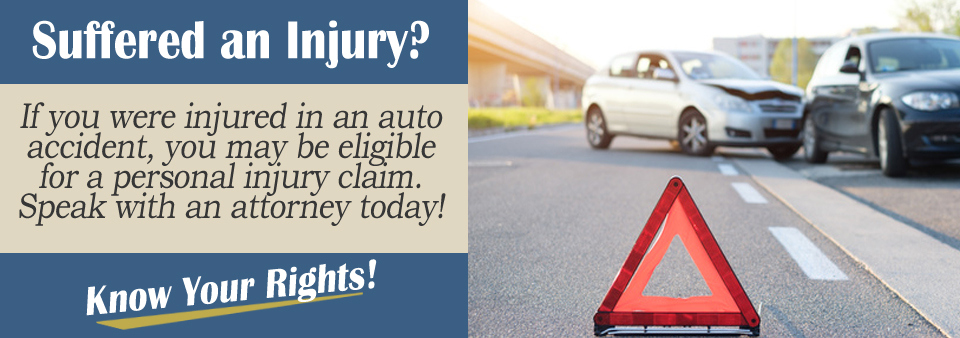Rear-enders are some of the most common sorts of car accidents. Anyone can come up behind you and hit your vehicle for all sorts of reasons. Their brakes may have been faulty. They may have been going too fast to stop in time or they were distracted just at the wrong time.
They may have been trying to intimidate you, or the driver just nodded off behind the wheel. Whatever the reason, unless your brake or turn lights weren’t working, you probably have good grounds to claim compensation for any injuries and damage to your car from the driver who hit you.
Injuries That Can Occur in a Rear-Ended Accident
There are several injuries that could occur in a rear-ended accident, depending on the speed at which you were hit and by the size and weight of the vehicle. Even slight bumps can cause your head to whip forwards and backwards causing the painful and sometimes chronic condition known as whiplash.
If injured, you will need time off work to seek treatment and recover at home. If the accident was not your fault, you will want compensation from the driver who rear ended you for the loss of any wages. A well prepared personal injury claim can help to recover loss of earnings as well as other damages.
Filing a PI Claim For Injuries From a Rear-Ended Accident
You will need good evidence that negligence has occurred if you want to claim compensation through a personal injury claim. Fortunately, rear-ended accidents tend to be some of the easiest to successfully claim. This is because drivers who come up behind another vehicle are expected to drive carefully enough not to hit the vehicle in front.
It is rare for the driver in front to be at fault, although there are exceptions, such as when a driver has to brake very suddenly because of a child running out in front of them or their turn lights or brakes aren’t working or they forget to use them.
If there are injuries, a police officer will be dispatched to assess the damage and make a report. Your lights will probably be automatically checked and the reason for the crash recorded on the report. This will be vital evidence when you submit your claim to the insurer of the other driver. Other useful evidence could include:
- statements from anyone who saw the accident and particularly what happened just before you were hit;
- any video footage from a traffic camera that captured the accident. This could be a possibility if the accident happened at an intersection where traffic lights were monitored by a camera;
- crash report from the repair yard that inspected your damaged vehicle.

Working with a PI Lawyer
You are advised to contact a personal injury lawyer as soon as you can after receiving treatment. The lawyer will be able to provide an opinion about your chances of success if you go ahead with a claim.
If the lawyer thinks you have good grounds for making a claim s/he should be able to pursue the claim on your behalf.